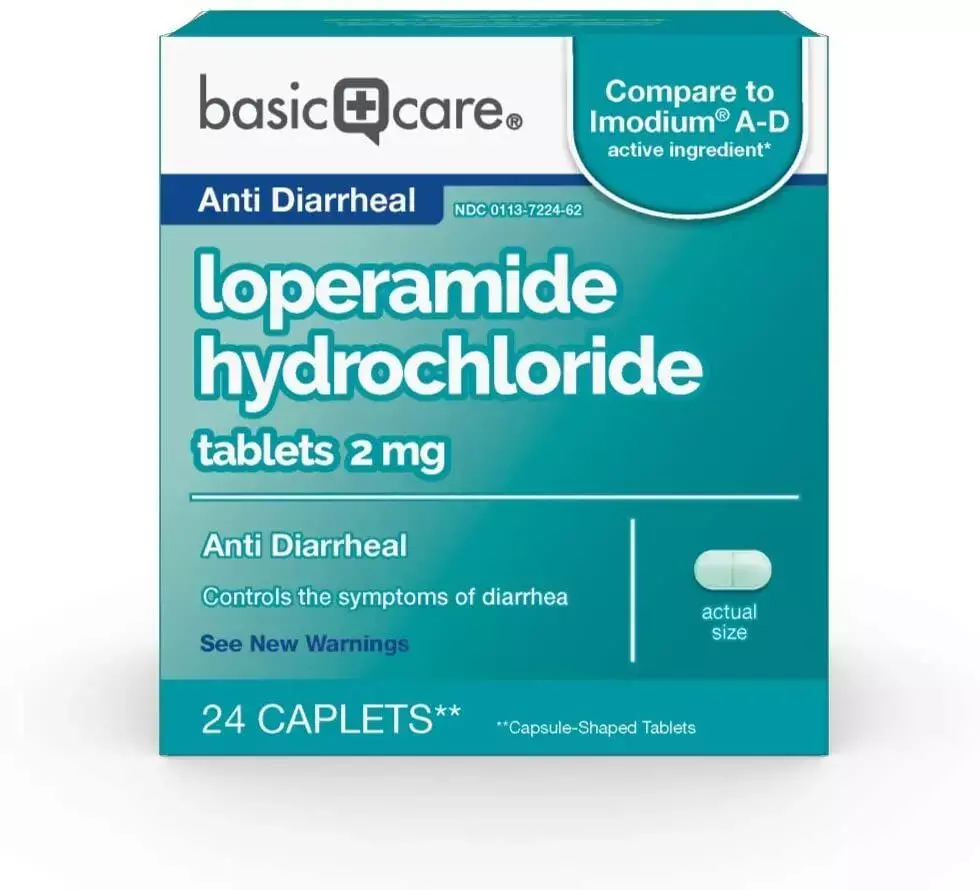- Home
- Medical news & Guidelines
- Anesthesiology
- Cardiology and CTVS
- Critical Care
- Dentistry
- Dermatology
- Diabetes and Endocrinology
- ENT
- Gastroenterology
- Medicine
- Nephrology
- Neurology
- Obstretics-Gynaecology
- Oncology
- Ophthalmology
- Orthopaedics
- Pediatrics-Neonatology
- Psychiatry
- Pulmonology
- Radiology
- Surgery
- Urology
- Laboratory Medicine
- Diet
- Nursing
- Paramedical
- Physiotherapy
- Health news
- Fact Check
- Bone Health Fact Check
- Brain Health Fact Check
- Cancer Related Fact Check
- Child Care Fact Check
- Dental and oral health fact check
- Diabetes and metabolic health fact check
- Diet and Nutrition Fact Check
- Eye and ENT Care Fact Check
- Fitness fact check
- Gut health fact check
- Heart health fact check
- Kidney health fact check
- Medical education fact check
- Men's health fact check
- Respiratory fact check
- Skin and hair care fact check
- Vaccine and Immunization fact check
- Women's health fact check
- AYUSH
- State News
- Andaman and Nicobar Islands
- Andhra Pradesh
- Arunachal Pradesh
- Assam
- Bihar
- Chandigarh
- Chattisgarh
- Dadra and Nagar Haveli
- Daman and Diu
- Delhi
- Goa
- Gujarat
- Haryana
- Himachal Pradesh
- Jammu & Kashmir
- Jharkhand
- Karnataka
- Kerala
- Ladakh
- Lakshadweep
- Madhya Pradesh
- Maharashtra
- Manipur
- Meghalaya
- Mizoram
- Nagaland
- Odisha
- Puducherry
- Punjab
- Rajasthan
- Sikkim
- Tamil Nadu
- Telangana
- Tripura
- Uttar Pradesh
- Uttrakhand
- West Bengal
- Medical Education
- Industry
Oral loperamide may reduce fluid output in patients with newly formed ileostomy

"Loperamide significantly reduced the stoma output and helped in fluid regulation of patients with a newly formed ileostomy" suggests a new study published in Indian Journal of Surgery on October 30, 2020.
Ileostomies are life-saving procedures used for temporary fecal diversion in complicated cases of ileal perforation. However, an ileostomy is associated with several complications ranging from a mild inconvenience to life-threatening. Among which ileostomy diarrhoea is the most bothersome complication that affects the fluid and electrolyte balance. Researchers conducted a double blinded, randomised controlled study to determine the effect of loperamide on stoma output and serum electrolytes in patients with a newly formed ileostomy. A total of 42 patients who fulfilled inclusion criteria and who underwent an ileostomy procedure were included in the study. In post-operative period, patients were randomly assigned to either loperamide or placebo and were monitored. The ileostomy output was recorded for every 24 hours. Renal functions and electrolyte levels were monitored and followed on every 1, 3, 5, 7, 14 and 28th postoperative days. The concomitant drugs such as antidiarrheals, codeine-containing analgesics and anticholinergics were advised against its usage.
The study results showed a significant decrease in the stoma output in loperamide group as compared to placebo group. Researchers found no statistically significant difference between the serum potassium, sodium and creatinine levels among the two groups. Researchers also found the incidence of postoperative gastrointestinal complications was higher in the loperamide group (47.6%)than in placebo group (33.34%), but with no statistical significance. The incidence of post-operative stomal complications was higher in the placebo group but with no statistical significance (23% vs 14.2%).
The author concluded, "Loperamide significantly reduced the stoma output and helped in fluid regulation of patients with a newly formed ileostomy. There was no statistical difference in the electrolyte levels in patients treated with oral loperamide and placebo. The dosage can be altered if gastrointestinal complications are encountered, although they usually are self-limiting and do not require a change in the treatment plan. Oral loperamide may be used in patients with a newly formed ileostomy in the early post-operative period."For further information:
https://link.springer.com/article/10.1007/s12262-020-02647-4
Medical Dialogues Bureau consists of a team of passionate medical/scientific writers, led by doctors and healthcare researchers. Our team efforts to bring you updated and timely news about the important happenings of the medical and healthcare sector. Our editorial team can be reached at editorial@medicaldialogues.in.
Dr Kamal Kant Kohli-MBBS, DTCD- a chest specialist with more than 30 years of practice and a flair for writing clinical articles, Dr Kamal Kant Kohli joined Medical Dialogues as a Chief Editor of Medical News. Besides writing articles, as an editor, he proofreads and verifies all the medical content published on Medical Dialogues including those coming from journals, studies,medical conferences,guidelines etc. Email: drkohli@medicaldialogues.in. Contact no. 011-43720751


